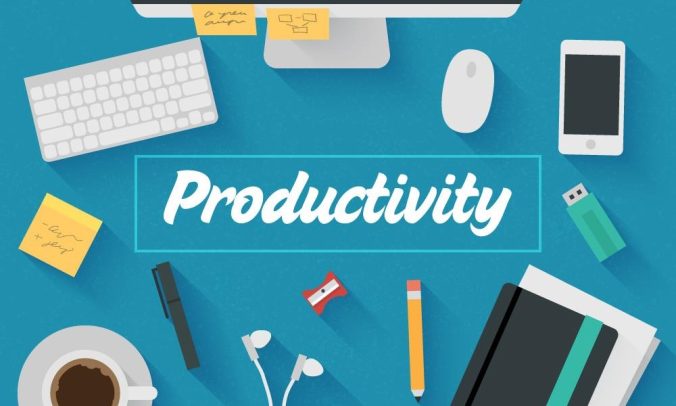The amount of work we need to get done seems to grow daily. To avoid becoming overwhelmed, we have to become more productive than ever. Being busy doesn’t automatically equate to doing important work. Instead of filling your calendar with busywork that will burn you out or stunt your career growth, be more intentional with your time.
Working smarter, not harder, means finding ways to use your energy and time at work more efficiently. To do this, you can use various strategies to help you prioritize your work, helping you identify the most important tasks. Besides increasing productivity, here are some other benefits of learning to work smarter:
- Saving energy: Working in short bursts, for example, allows you to accomplish challenging tasks with more energy and produce better results.
- Increasing motivation: It can create feelings of positivity about your job, colleagues and yourself.
- Making you more valuable: Organizations often look for ways to get more accomplished with less effort, and being able to do this can allow you to become a more important employee.
- Increasing self-esteem: Working smarter allows you to create a better-quality product with less effort, which can boost your self-esteem.
Here are some ways high-achieving workers can build a smarter schedule.
Don’t overcommit. When your calendar is packed with back-to-back meetings, it’s a sign that you have too many priorities. You should intentionally leave space in your schedule to decompress and process your work. Aim to commit to only 80% of the opportunities and responsibilities presented to you. This also forces you to consider and name your priorities.
Be intentional about your time. You control your schedule; your schedule doesn’t control you—or at least it shouldn’t. For example, if you decide you’ll work all afternoon because you have meetings all morning—despite the afternoon being the time of day when you typically hit a creative wall—then you’re letting your schedule guide you. Instead of accepting this, make a change, and let the people in your professional and personal life know what you need to be at your best.
Measure your results, not your time. Keep an ongoing list of everything you accomplish during the day. This can help you feel motivated and accomplished. This list makes it easy to celebrate your accomplishments and better anticipate how long similar tasks may take in the future.
Set short deadlines. Setting deadlines for your work can help you focus and increase your efficiency. This can leave you with more time during your day to focus on other tasks or allow you to clean your office space before leaving for the day.
Use productivity tools. Many programs or applications can help you automate tasks and better track your work productivity. Letting a program track this data for you saves you time from doing it yourself, which can allow you to focus on more priority items.
Working smarter, not harder, can improve your productivity and performance while increasing your overall job satisfaction. It also can make you a valuable asset to your organization, increasing job security and potentially helping you earn a higher salary. Learning about some strategies to work smarter can help you be more successful throughout your career.
References:
Harvard Business Review: HBR IdeaCast (2024, April 2) Curt Nickisch and Laura Mae Martin: Treat Email Like Laundry – and Other Tips from Google’s Productivity Expert
Indeed (2023, October 13) Jamie Birt: 17 Ways to Work Smarter, Not Harder (With Benefits)


Leave a Reply